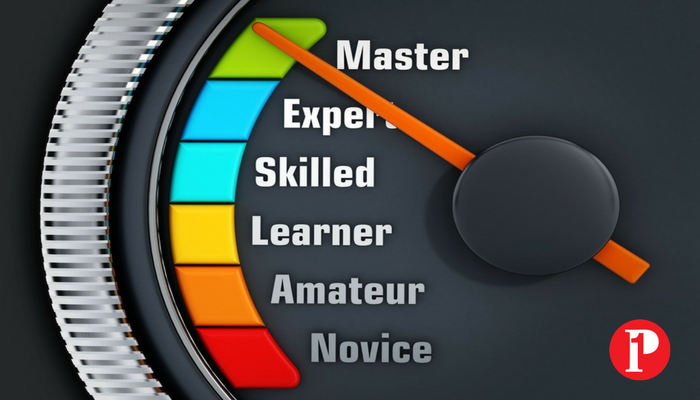
What is the tipping point for mastery?
Is it the 10,000 hours that author Malcolm Gladwell professes in his book outlier?
Malcolm Gladwell gave us the 10,000-Hour Rule.
In 2008, Malcolm Gladwell published his New York Times bestseller, Outliers. It’s within this book — based largely on the research of Anders Ericsson — that Gladwell frequently talks about the 10,000-Hour rule, citing it as “the magic number of greatness.”
The book looks at a number of “outliers”, people who are extraordinarily proficient in certain subjects or skills. It then tries to break down what helped them to become outliers.
According to Gladwell, one common factor among these carefully selected individuals was the amount of time they practiced within their area of study. It appeared that only by reaching 10,000 hours (that’s about 90 minutes per day for 20 years) of practice could one become an outlier. To use another of Gladwell’s popular terms, 10,000 hours is the “Tipping-Point” of greatness. You can see him explaining this here:
For almost a generation, psychologists around the world have been engaged in a spirited debate over a question that most would consider to have been settled years ago.
The question is this: Is there such a thing as innate talent? The obvious answer is yes.
Not every football player born in September ends up playing at the professional level. Only some do – the innately talented ones.
Achievement is talent plus preparation.
The problem with this view is that the closer psychologist look at the careers of the gifted, the smaller the role innate talent seems to play and the bigger the role preparation seems to play.
My father always taught me to prepare and become a student of any skill I wanted to acquire. Do this if you want to master any skill.
In the years following the book’s publication, this 10,000-Hour Rule has become a platitude for life-long learners, lifestyle designers, and self-improvement bloggers. This is despite increasing evidence showing that the 10,000-Hour Rule is grossly inaccurate.
IS THE 10,000 HOUR RULE WRONG
Ericsson went on record clarifying that this is not what his research showed. Within that study, there was no magic number for greatness. 10,000 hours was not actually a number of hours reached, but an average of the time elites spent practicing. Some practiced for much less than 10,000 hours. Others for over 25,000 hours.
Additionally, Gladwell failed to adequately distinguish between the quantity of hours spent practicing, and the quality of that practice. This misses a huge portion of Ericsson’s findings, and is the reason why Tim Ferriss scoffs at Gladwell’s 10,000 hour rule in this video.
TACTICS FOR LEARNING FASTER
In recent years there has been a flurry of interest in skill acquisition, and particularly rapid skill acquisition. Tim Ferriss penned The Four-Hour Chef — a 672-page behemoth — tackling this very subject.
Throughout his book Ferriss introduced millions of readers to the idea of meta-learning. That is, the learning about learning. Once we understand how our brain and body learns, we can create a far more efficient learning regimen. In fact, Ferriss, during a SXSWi presentation claimed:
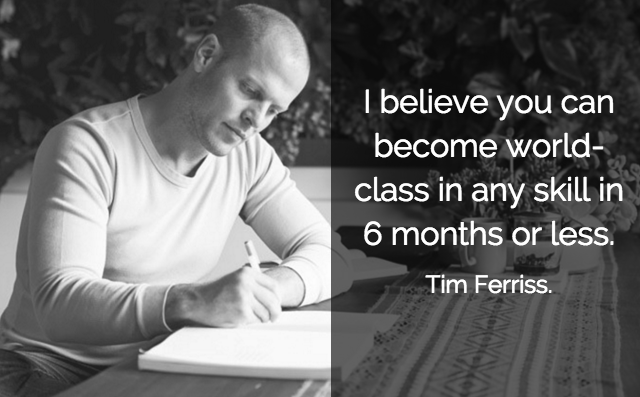
This may or may not be an exaggeration, but what Ferriss is emphasizing here is the quality of practice over the quantity. But even if the real figure is two-years, not six-months, it’s a gargantuan improvement on Gladwell’s hideous promise of 10,000 hours.
What’s more, studies in both science and psychology are repeatedly showing us new, or at least more nuanced, ways of approaching learning. These refined tactics and strategies are able to help us become proficient, expert, masterful, or at least good in a specific domain in a lot less time than we might suppose.
MASTER CHANGE
Social Media is a perfect example of change. Social Media changes daily and weekly.
We live in a world of change….constantly changing. Facebook makes changes like we change underwear. Social Media Golden Rules in general changes frequently, which forces us to be more flexible. Are all the changes in life and social media taking us off course?
Who wants to take the time to master a new skill? How long does it take to master Facebook Page content and engagement? What about LinkedIn for B2B? Can I master this on my mobile device?
Deliberate Practice
To go back to Anders Ericsson, much of his research has been focused on Deliberate Practice, which I’ve discussed before, and the following video explains it well.
Unsurprisingly, Deliberate Practice is hard. Ericsson found that elite athletes, writers, and musicians could only sustain the concentration needed for Deliberate Practice for relatively short periods of time. Their concentration on very specific skills, however, ensured they continued to improve and perform at the top of their game.
The web is full of educational games and tools for different skills. Use tools like Anki for learning any new topic.
THE LEARNING PYRAMID
Become a teacher.
The idea of learning through teaching isn’t new. But after a certain amount of research, the National Training Laboratories felt confident enough to release The Learning Pyramid. This is a simple diagram showing the very rough retention rates to be expected through various forms of teaching. The pyramid has its opponents, but for many, it remains a reliable guideline.
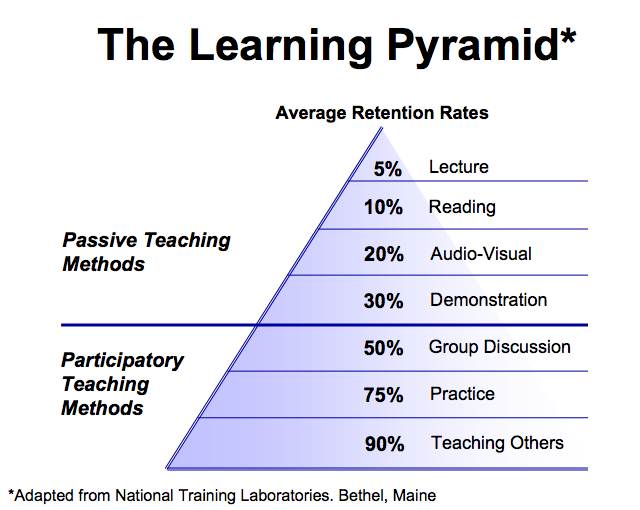
The participatory methods, however, offer much more promise. The “Group Discussions” (50% retention), as mentioned previously, could be fostered through mastermind groups or online critiques. “Practice by Doing” (75% retention) is where Deliberate Practice comes in. But with “Teaching Others” reportedly offering a 90% retention rate, we can’t ignore this strategy.
“If you can’t explain it to a six year old, you don’t understand it yourself.” –Einstein
WANT TO CHANGE
Who wants to change…right? I have a saying “Until the Pain Becomes Great Enough Action Will Not Occur.”
Sometimes we go along with all change and don’t have any direction in life or business, or don’t have the confidence to stand for something. Then something jolts us from reality and we take action.
Be Proactive.
Remember this. Nobody is better than you and nobody is smarter than you. If someone is doing better than you, it just means that they started work on themselves in a certain way earlier than you did. And whatever anyone else has done, you can do as well. There are no limits except the limits you place on yourself with your own thinking.
The very fact that others have been able to excel in a field, after having started off in that field with no experience or skills, is proof that you can excel in that field as well. Your job is to put your head down, get busy, and go to work on yourself.
Resolve today to develop the habit of personal excellence, master it and focus all your energies on joining the top 10% of professionals in your field. Once you do that, your entire future will open up in front of you. You will become unstoppable.
FINAL THOUGHTS
The reason that many people underachieve in their life and careers is because they do not realize how long it takes to achieve mastery in particular skills in any field.
It takes time, whether it’s 6 months as Tim Ferris has suggested, Malcolm Gladwell’s 10,000 hours or somewhere in between. There are no short cuts.
Sometimes people say to me, “Several years is a long time to achieve mastery of skills in my field.” This is true. But I then remind them that, “The time is going to pass anyway.”
It takes time to master Social Media and all the various social media platforms. Are they going away? No. Will they change, Yes! The longer you wait the further behind you get in today’s fast paced world.
This is very important. The biggest regret that many people report is that “they did not start early enough.” But the time is going to pass anyway.
The only question is, “Where are you going to be five to seven years from now in your field?”
The good news is that, if you set it as a goal, make a plan, and work on it every day, five to seven years from now you are going to be in the top 10% of people in your field. You are going to be one of the highest paid and most respected people in your career. You are going to be enjoying the great results and rewards of the top performers in your business.
About Blair

Blair Evan Ball is a Social Media Coach and founder of Prepare1, a company that works with businesses, individuals and non-profits. He is a former executive with a Fortune 50 company, and his national division did $1Billion+ in sales annually.
Blair has written three e-books: Facebook for Business Made Easy, Facebook Pages for Business Made Easy, and WordPress Blog Setup Made Easy.
Blair also educates, trains entrepreneurs and business professionals how to amplify their brand, increase revenues, and raise more funds.
![[Study] How Will Businesses Change Their Social Media Activities 5 Golden Rules for Sharing on Social Media](https://www.prepare1.com/wp-content/uploads/2014/03/COACH-logohat-162x300.jpg) The Race is ON! | PREPARE | Get into the Game and WIN!
The Race is ON! | PREPARE | Get into the Game and WIN!




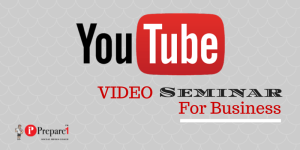
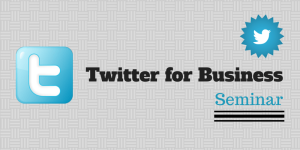




Comments on this entry are closed.
{ 1 trackback }